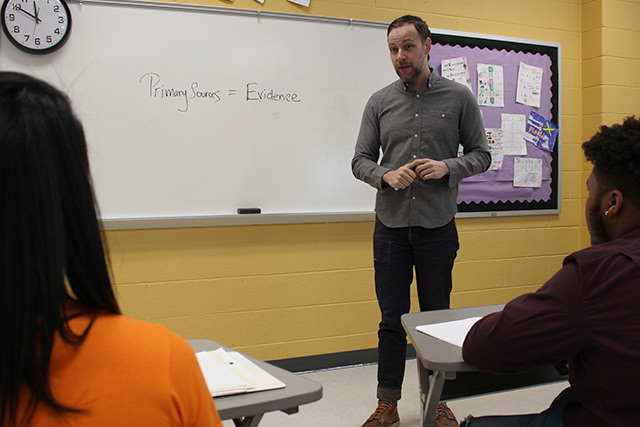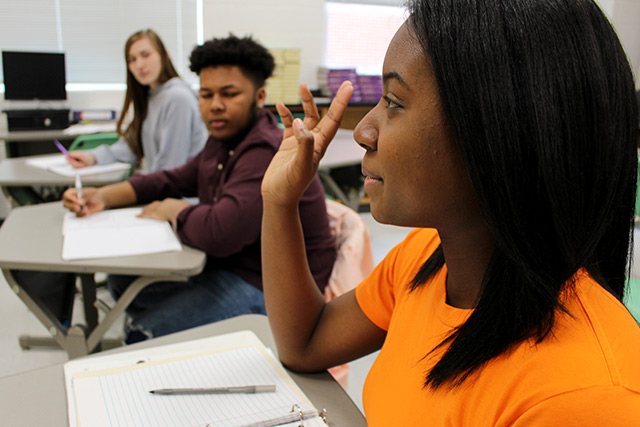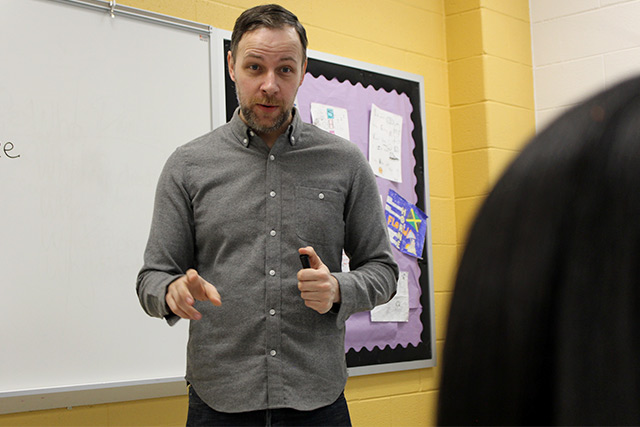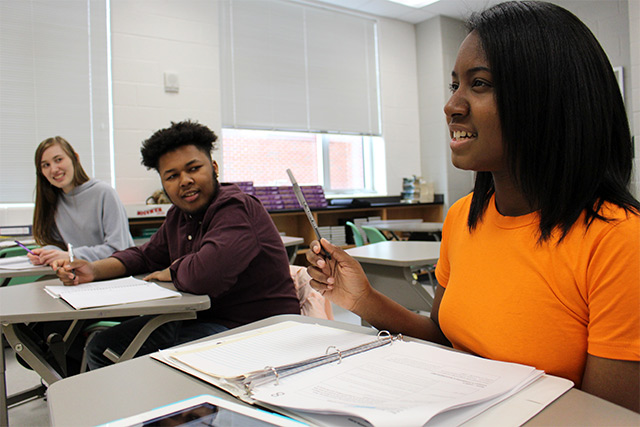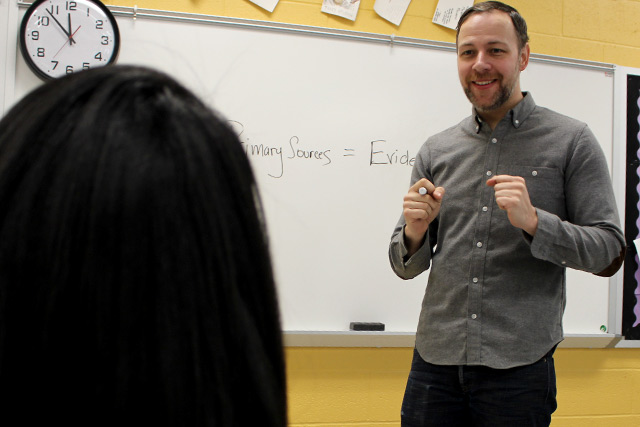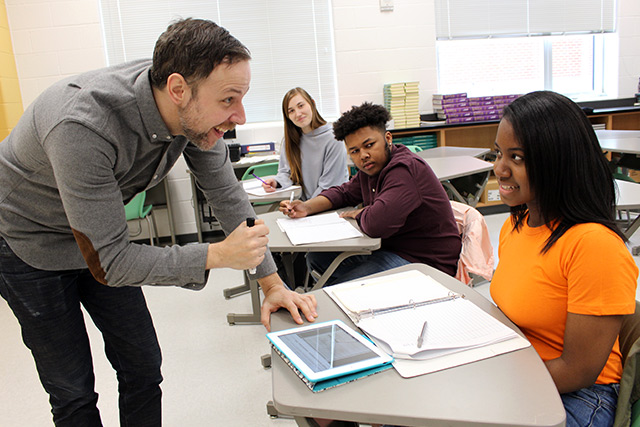Learn It
Mr. Lexington says that doing historical research is like being a detective and a lawyer after a crime has happened. It sounds kind of silly, but he’s got a point.
Here, I’ll let him explain.Dig Deep for Good Research Materials
Mr. Lexington says historians start by gathering primary source documents and work to figure out what they mean. Then they use those sources as evidence to make a claim about why a topic is important in history.
